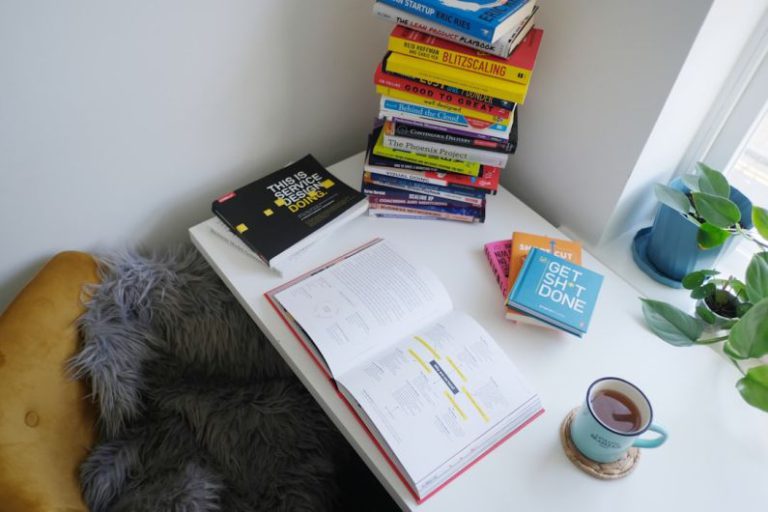
Negotiating after a home inspection can be a crucial step in the home buying process. Once the inspection report is in hand, it’s time to address any issues that were uncovered. This is when negotiations come into play, as buyers and sellers work to reach a mutually agreeable resolution. Here are some tips on how to navigate the negotiation process effectively.
Understand the Inspection Report
Before entering into negotiations, it’s essential to thoroughly review the inspection report. Take note of any major issues that could impact the safety, habitability, or value of the property. Understanding the severity of these issues will help you prioritize which items to address during negotiations.
Focus on Safety and Structural Concerns
When negotiating after a home inspection, it’s crucial to prioritize safety and structural concerns. Issues related to the foundation, roof, electrical system, plumbing, and HVAC are typically considered high-priority items. These are the areas that can have a significant impact on the overall integrity and safety of the home.
Be Realistic in Your Requests
While it’s important to address necessary repairs, it’s also essential to be realistic in your requests. Keep in mind that no home is perfect, and minor issues are to be expected. Focus on addressing major concerns that could affect the property’s value or your ability to live comfortably in the home.
Consult with Your Real Estate Agent
Your real estate agent can be a valuable resource during the negotiation process. They can provide guidance on which items to prioritize, as well as help you craft a strategic negotiation strategy. Lean on their expertise to help you navigate the complexities of the negotiation process.
Consider Your Budget
When negotiating after a home inspection, it’s essential to consider your budget. Determine how much you are willing to spend on repairs or concessions, taking into account your overall financial situation. Be prepared to make compromises and prioritize the most critical issues based on your budget constraints.
Request Repairs or a Credit
Depending on the nature of the issues uncovered during the inspection, you may choose to request repairs or a credit from the seller. If the seller agrees to make repairs, ensure that they are completed by a licensed professional and that the work meets your satisfaction. If a credit is offered instead, be sure to clarify the amount and how it will be applied to the transaction.
Be Open to Negotiation
Negotiation is a two-way street, so be prepared to engage in a dialogue with the seller. Listen to their perspective and be open to compromise. Remember that the goal is to reach a mutually beneficial agreement that satisfies both parties.
Renegotiate if Necessary
If the initial negotiation does not result in a satisfactory outcome, don’t be afraid to renegotiate. You can submit a revised offer or counteroffer that reflects your concerns and desired resolution. Stay firm on essential issues while remaining flexible on less critical matters.
Close the Deal
Once negotiations are complete and both parties have agreed on the terms, it’s time to close the deal. Ensure that all agreements are documented in writing and incorporated into the final contract. Work closely with your real estate agent and the necessary professionals to finalize the transaction.
In conclusion, negotiating after a home inspection requires careful consideration, communication, and strategic planning. By understanding the inspection report, prioritizing safety concerns, being realistic in your requests, consulting with your real estate agent, considering your budget, and being open to negotiation, you can navigate the process effectively. Remember to stay focused on reaching a mutually agreeable resolution that allows both parties to move forward with confidence.





